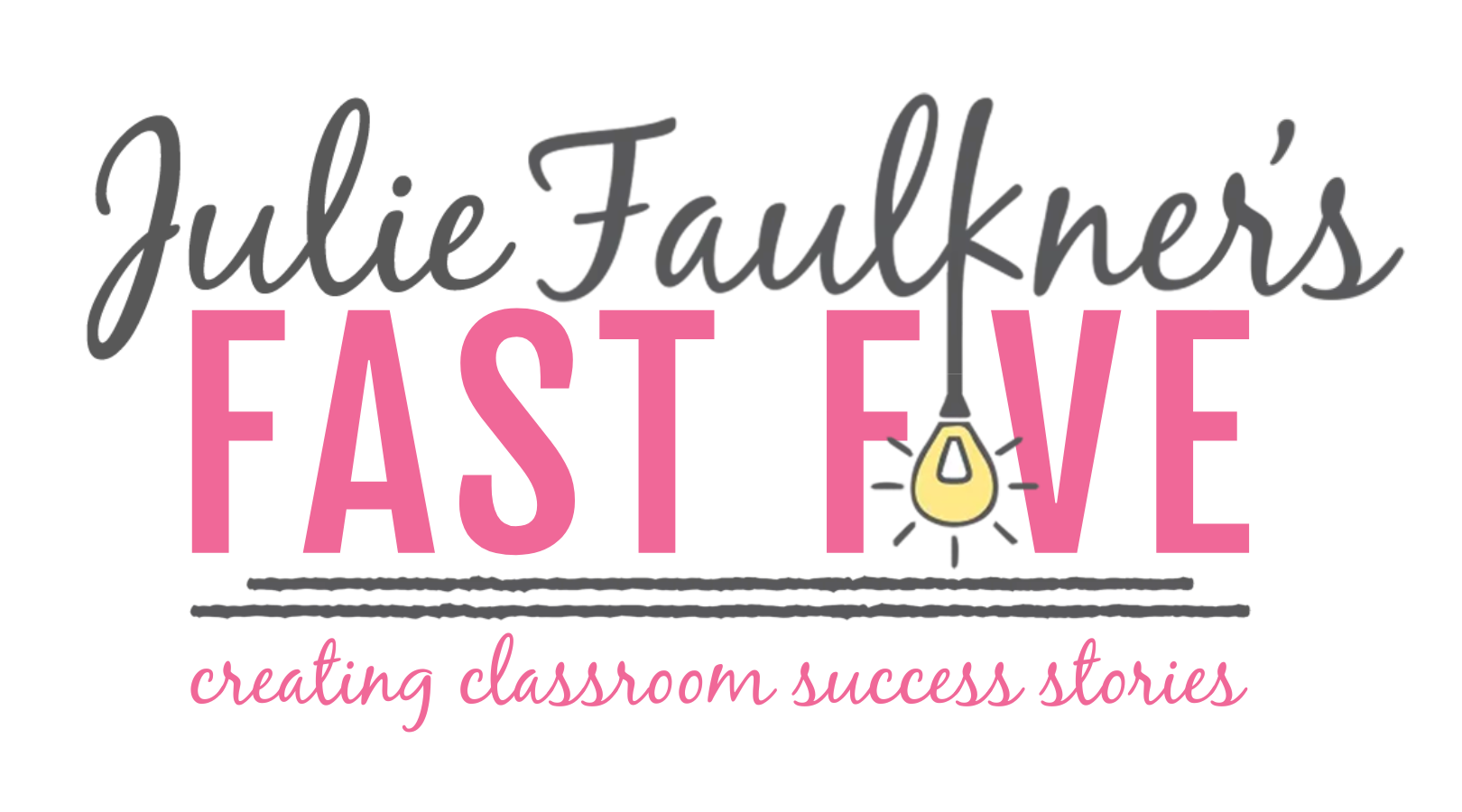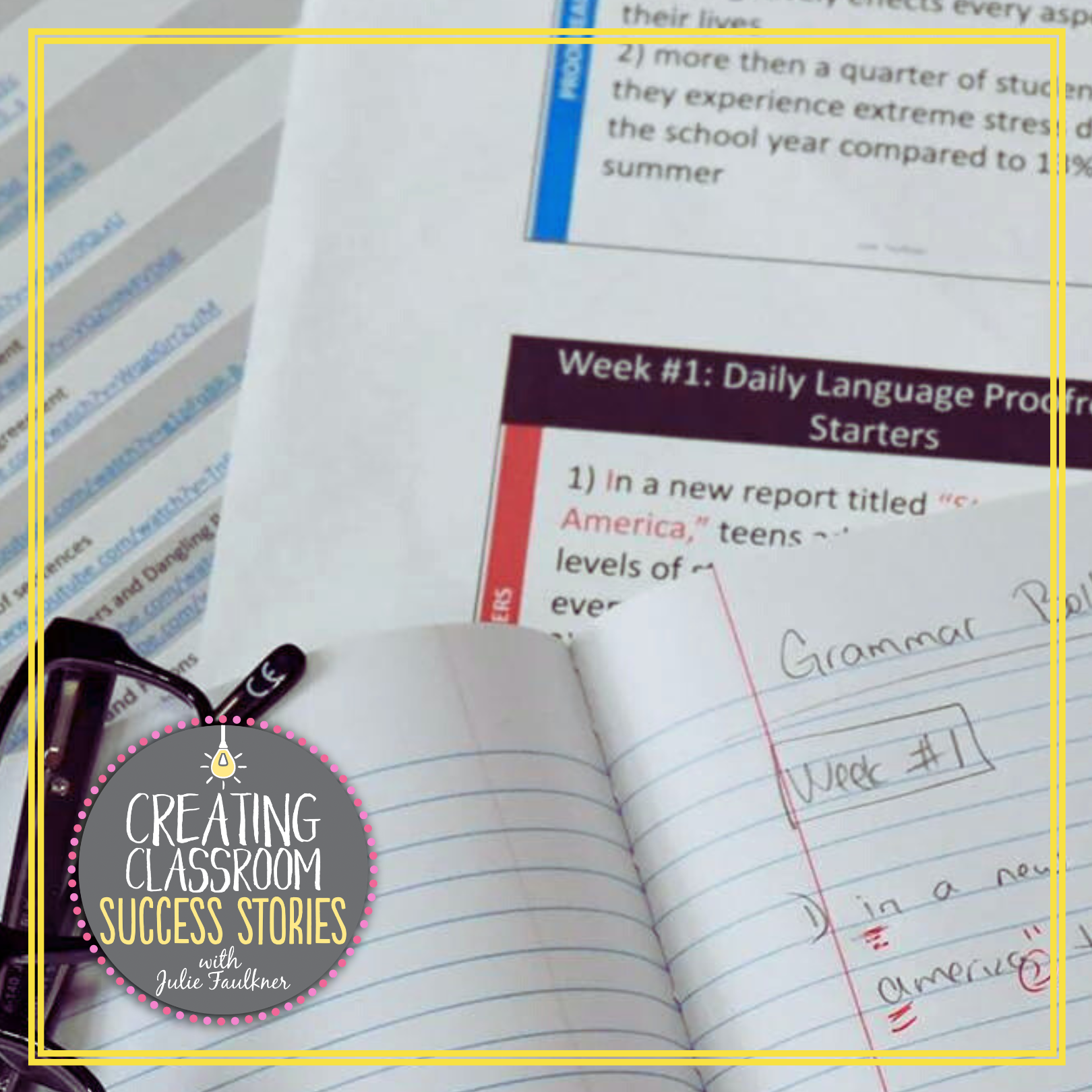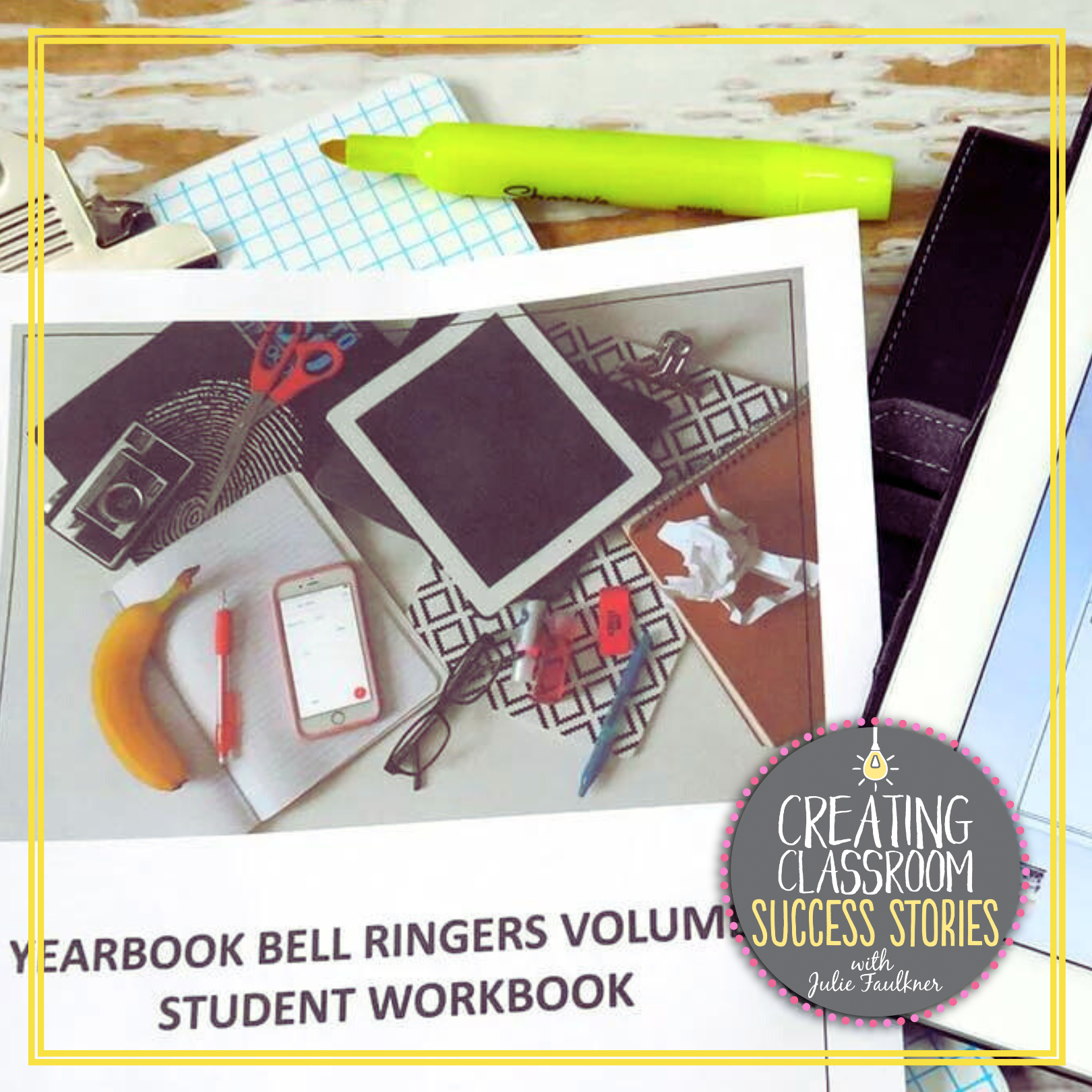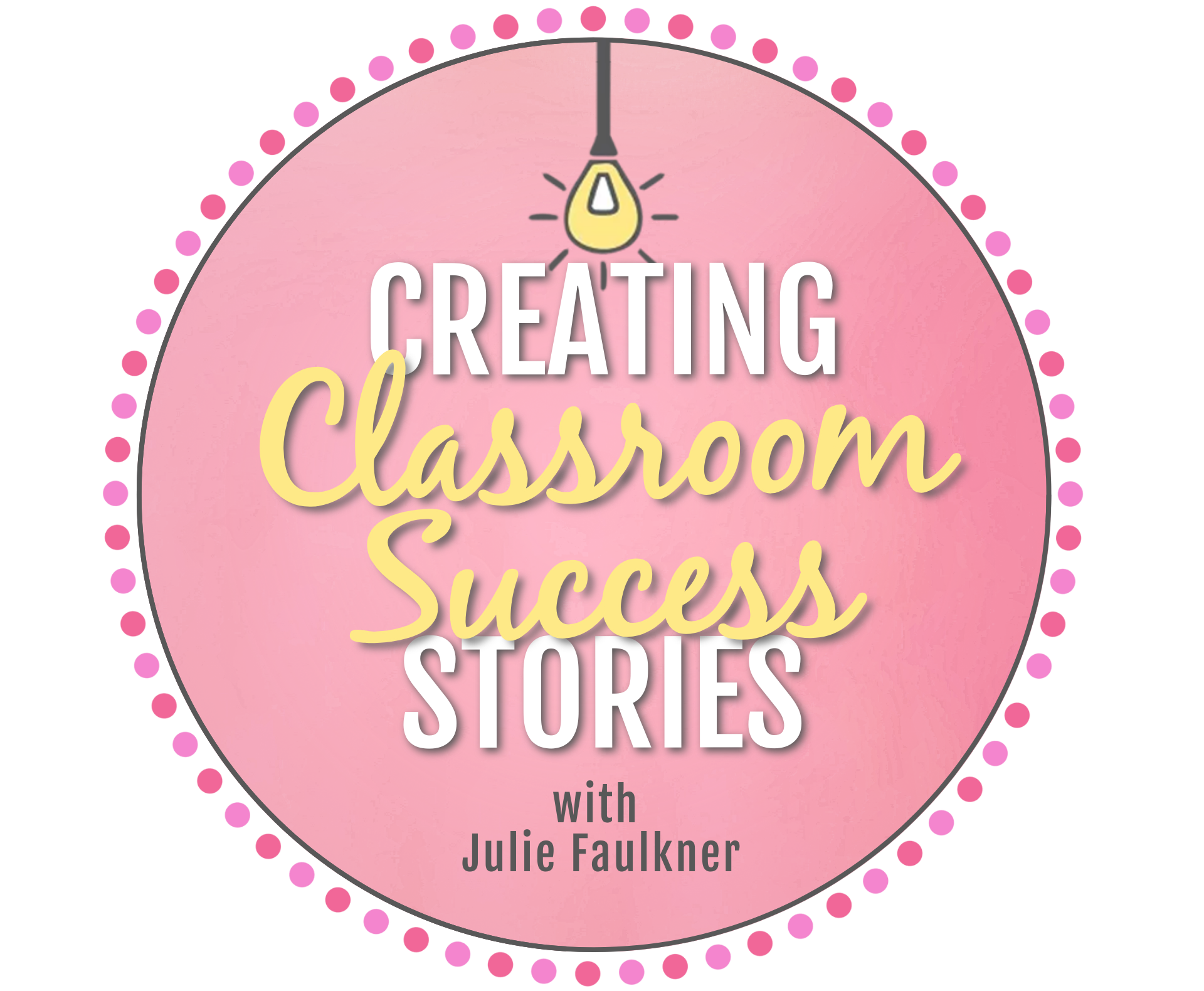Interview with a Yearbook Representative
Creating and running a successful yearbook program does require a lot, but it doesn’t have to be a mystery. While this post isn’t designed to promote one specific yearbook publishing company, I am happy to share some expertise from my amazing Jostens representative. With 14 years in the industry, she has seen a thing or two and knows a thing or two about yearbooks. In this interview with a yearbook representative, I am happy to introduce my long-time yearbook rep and friend: Rebecca Kilday. Below she shares peeks into the industry and her job, insightful advice, and practical tips for new and seasoned yearbook advisers.
Meet Rebecca Kilday
1. How did you move into this position?
"I was the editor of my high school yearbook and had a great relationship with my adviser. She, in turn, had a great relationship with our school’s Jostens representative. He went to her to ask if there was a former student of hers she could recommend to help him run his territory. She recommended me. I worked for him for 4 years helping him run his territory, then I got the opportunity to run my own territory 10 years ago."
2. Describe what a consultant/representative does.
"A representative has many responsibilities—some visible to the customer, and many not visible. First and foremost, we are charged with helping manage the entire yearbook process from beginning to end each year for our customers. This includes training on technology, setting up marketing strategies, providing creative and educational resources (artist visits, journalism curriculum, etc), and clearly communicating and managing the school’s budget. Then, if that all goes well—we are in charge of making sure the school’s books are delivered on time!
The other major prong of a representative’s job is sales. We are charged with meeting with administrators and advisers to convince them to switch from their current companies to work with us. This is a much more competitive process than most people realize. It is common for particular schools to take years to make a change."
3. What is the hardest part of your job? What is the best part of your job?
"The hardest part of my job is being responsible for things I can’t control. For example, I’m responsible to my customers to make sure they get their books on time, but I can’t physically make them meet their deadlines! That’s just one of many factors I can’t control but am held responsible for.
It’s hard to choose just one best part of my job, but I’ll boil it down to the beginning and the end. I love the creative process at the beginning of the year. I love the planning. I love the dreaming. I love when everything is possible, and nothing has gone wrong yet! Then, I love delivery. I love seeing students’ faces when they see the book they have been working on all year for the first time. It never gets old, and I never take it for granted."
4. What advice would you give a new yearbook adviser?
"Be patient with yourself and with the process. If I were to sit down with every new adviser and tell them EXACTLY what the year would bring—no one would ever stick around! But with the resources and support that are available, anyone can have a successful first year. It’s just about being patient, letting your students do the work, and trusting the process."
5. What encouragement could you give to a yearbook adviser that is dealing with a difficult staff, failing program, lack of support from the administration, etc.?
"This is a tough one because it’s the question I can relate to the least. I never understand why the administration doesn’t support a yearbook program. The yearbook is the most visible public relations piece your school produces! I also have never been a teacher, so I don’t know what it’s like to work with a difficult staff. I will say that my advice would be to run your yearbook staff like you run your other classroom subjects. You wouldn’t tolerate late work or poor behavior in your English class, so don’t tolerate it with your yearbook staff. A “failing” program implies some financial issues. Work with your representative to come up with some strategies to improve ad sales, book sales, or whatever you need to do. It’s your representative’s JOB to make sure your program is solvent."
6. If a staff is struggling with meeting deadlines, what do you suggest they do to get things on track?
"Deadline performance is tough across the board. When a school falls behind, I like to make small goals for them that they can achieve every week—maybe even at the end of class every day, to get back on track. I identify “priority” pages for them. These are pages that will complete signatures, or they are pages where they aren’t waiting on any additional content (for example, a “first day of school” spread should be finished within 2 weeks of the first day of school). If you can focus on completing the pages where you already have your information, you’ll be able to pop yourself back on track pretty quickly."
7. What is the most successful strategy you’ve seen a school do that worked really well for selling books?
"I haven’t seen a “silver bullet” for selling books, but the schools that have the most success do several things:
-They offer their books for sale online. Post that website EVERYWHERE.
-They send a mailer directly to the students’ homes at least twice during the school year.
-They have active social media accounts where they are promoting not only the sale of the book but the creation process.
-They set aside a week or two in the school year to accept check/cash payments at school. They promote the heck out of those weeks.
Remember that parents are usually the ones who are buying the yearbook, not the students. Reaching beyond the building to promote your book is what will drive your sales to the next level."
8. Yearbooks are all about tradition. What traditions are worth keeping, and what would you like to see changed and why?
"I love the tradition of a yearbook presentation or reveal to the student body. It is such a celebration of the book, but it is also an important recognition of the students who worked so hard to put it together. I love signing parties, yearbook pep rallies, and whatever the tradition to herald in the delivery of the yearbook, I love it.
I would like to see the idea of everything about the book being secret go away. We depend so much on students outside of the yearbook staff to contribute content to our books (quotes, stats, pictures from Instagram) that I think they deserve to feel like they are also included in the creation process. Keeping your cover a secret from those students seems obsolete to me these days."
9. How have you seen yearbooks change over the years, and how do you see them changing in the future?
"Yearbooks are so much more complex than they used to be. We’re encouraging 3 times coverage at MINIMUM. We ask students to tell the story beyond the obvious, we encourage them to mimic designs from professional publications and websites, we expect them to write journalistically—it’s a LOT! My old high school yearbooks look so juvenile compared to what schools produce now.
I think we are continuing to see yearbooks strive for relevancy. I think companies are going to continue to innovate with new ways to include the student body in the creation process. It’s interesting because I’ve been around long enough to see the panic over thinking yearbooks were going to be gone within a decade because of the advent of social media. What we learned instead is that students and parents see the value in a tangible keepsake—not a fleeting app. While I do see an age of innovation connected with the yearbook, I also see a deeper connection with our printed product."
10. What else would you like yearbook advisers and their staffs to know?
"We feel about our yearbook staffs the way you feel about your students. The schools I work with are MY schools. I love them, I support them, I am PROUD to be associated with them. Your representatives worry about your program, they fight for your program (believe me), and they are so proud to be a part of your program. Never underestimate how much your rep cares about your yearbook."
—
If you are looking for more information about starting a yearbook program or strengthening your yearbook program, take a look at these related blog posts.
Love this content?
Sign up for my email newsletter with more tips, ideas, success stories, and freebies!















